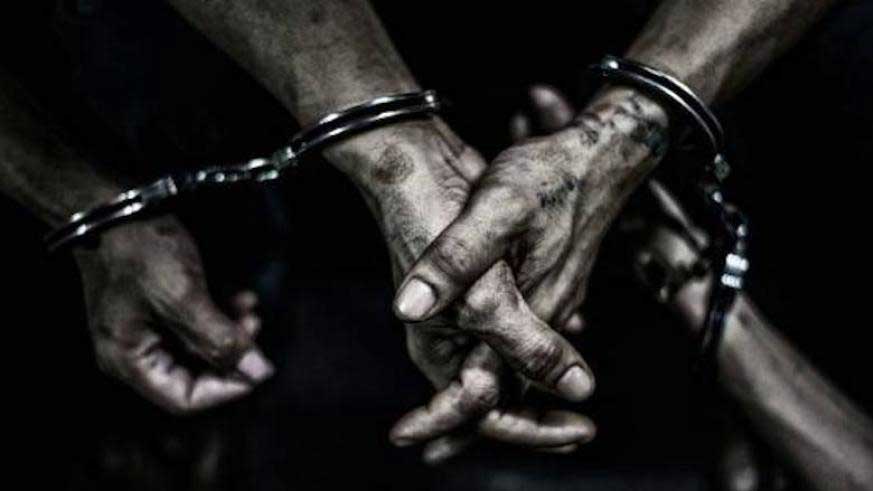- There are currently sixteen cases registered before the courts
- Human trafficking survivor lives to tell their tale
- Botswana still not doing enough
GOSEGO MOTSUMI
Human trafficking is a global problem that is fast degenerating into a national security threat in Botswana, with criminals increasingly targeting unsuspecting locals. As reported over the past five years, Botswana is a source, transit and destination country for women and children who are subjected to forced labour and sex trafficking. Residents most vulnerable to trafficking are unemployed women, the rural poor, agricultural workers and children.
This past week the 2018 Mandela Washington Fellows played their part at a youth conference on human trafficking at the University of Botswana, in sensitizing the youth about the human right violation that continues to claim unsuspecting victims.
“There are currently sixteen cases of human trafficking registered before the courts. One case was concluded in 2017 resulting in a suspended sentence for the trafficker and the case is on appeal. There are thirty one victims of human trafficking which Government is providing assistance for. These statistics are low because human trafficking is not an emerging issue, you could multiply this number by hundred to see the real figures,” said Madoda Nasha from the Ministry of Defence, Justice and Security.
As some light was shed on the strategies used by traffickers including advertisements and online media platforms, more survivors of the inhumane act came out to tell their stories. Bakgori Molatlhegi is a human trafficking victim who survived to tell her heart wrenching tale. In search of a better life the mother of three was tricked in to traveling to Canada where she was promised a lucrative job opportunity by another Motswana woman who is in fact in the business of human trafficking. Upon arrival in a foreign land, Molatlhegi soon learnt that the reality was far from what she wished for. There were no job opportunities and she was told to join a group of other Batswana who were brought to the country the same way and were now assisted by the Canadian government for basic needs.
“Employment opportunities speak to our situation currently and anyone would jump at that opportunity. Initially we flew to America, connected to Mauritius and finally Canada. Along the way we had transit issues and I remember the lady I was with suggesting that we seek asylum. When we arrived at Canada, I was told there were no jobs and told to stay and hope to find a boyfriend. I immediately thought of my children back home and I wanted to return,” she narrated adding that some Batswana were subjected to forced hard labour while others enjoyed the idea of living abroad.
Molatlhegi managed to secure a return ticket back home through a church organization and arrived to the sad news that her home had been sold and her children were living with neighbours. “I guess I signed documents that I did not understand which led to the sale of the house, but the most traumatizing news was that this trafficker was in the process of also selling my children. Had I not found my way back home it would have been a different story. I am now working towards building a new life. I have gone through counselling and we are coping. But the sad reality is the woman who did all this to me still walks the streets, scott free and continues to traffic more people as we speak,” she revealed.
Interestingly the 2018 Trafficking in Persons Report included Botswana in the ‘Tier 2’ list of countries that do not fully meet the minimum standards for the elimination of human trafficking. However, the government is making significant efforts to do so by increasing efforts compared to the previous reporting period. The government demonstrated increasing efforts by investigating and prosecuting traffickers and training law enforcement and judicial officials on Botswana’s Anti-Human Trafficking Act and sentencing guidelines. The government continued to identify trafficking victims and refer them to protective services.
“The minister responsible for social welfare shall from money appropriated establish and operate centers for victims and accredit non governmental organizations as centers for victims that will comply with the norms and standards. I must also add that Batswana should make use of the embassy community to check their travels so we help reduce human trafficking cases,” Nasha said.
The report recommended Botswana formalize the system to refer victims to social services and ensure all victims receive protective services and amend the anti-trafficking law to remove sentencing provisions that allow fines in lieu of imprisonment among others.




